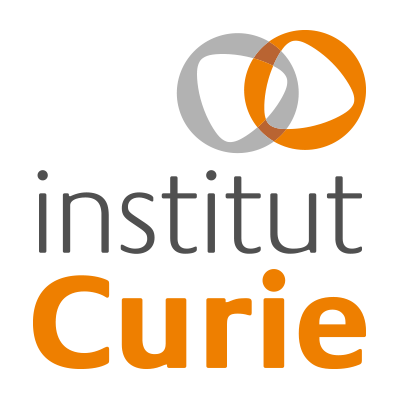
Breast cancer is not a uniform disease, and there are several subgroups of classical histological types, which also show important differences in the course of the disease.
Determining the tumour’s oestrogen, progesterone receptor and HER-2 status (immunophenotype) is an integral part of the investigation for the purpose of therapy selection. In about 20% of cases, abnormalities in the HER-2 gene are responsible for the development of breast tumours.
The cure rates of previously worst prospective HER-2 positive breast cancers have improved spectacularly as a result of targeted treatments.
Several rare mutations may be involved in the development of breast cancer, which are not detected by routine testing, but can be detected by multigene testing and may represent additional therapeutic targets.
In the treatment of tumours, in addition to the classical oncological approach, precision oncology is increasingly gaining ground, resulting in a therapy that is selected based on the molecular properties of the tumour.
While in the classical oncological approach the treatment decision was based on the histological type and extent of the tumour, the knowledge of the molecular information of the tumours is essential for the choice of a personalized treatment. Molecular diagnostics and Oncompass Medicine’s multi-award-winning medical software help here.
For targeted treatment of breast cancer, a molecular diagnostic is needed before starting therapy.
















